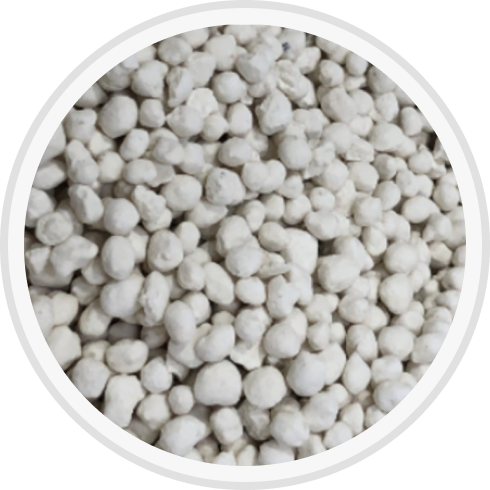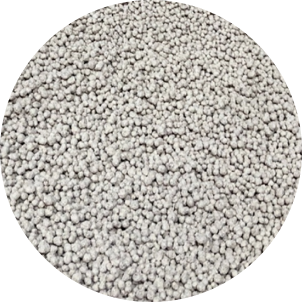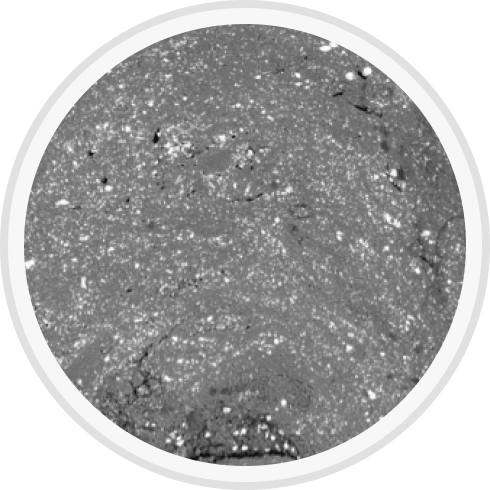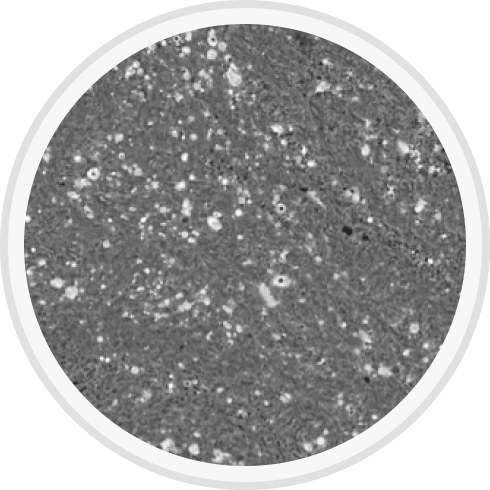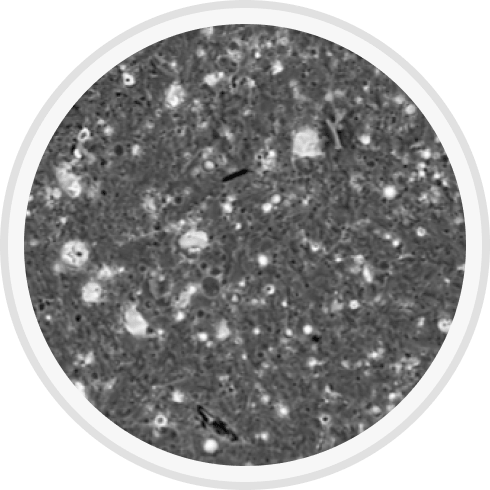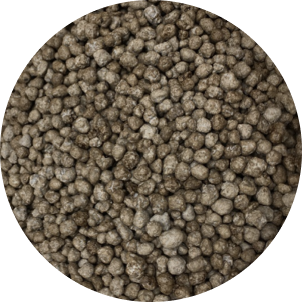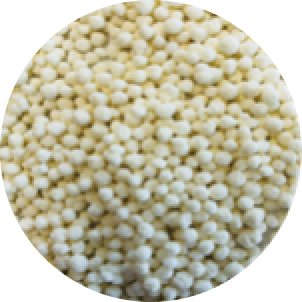MST Provides Residual Sulfur For Following Crop Uptake
Sulvaris developed Micronized Sulfur Technology (MST®) as a tool for industry to improve global food security and crop production on soils faced with increasing sulfur deficiencies. MST® small particle size allows faster oxidization of elemental sulfur than traditional products, but also maintains a slow-release of sulfate ensuring crop sulfur demands are met throughout the growing […]


